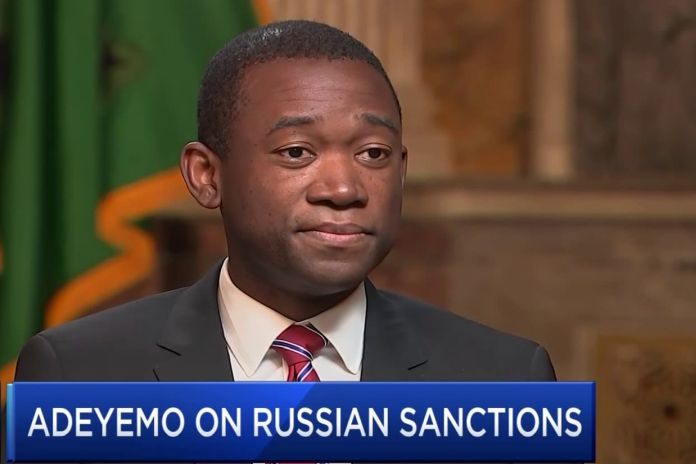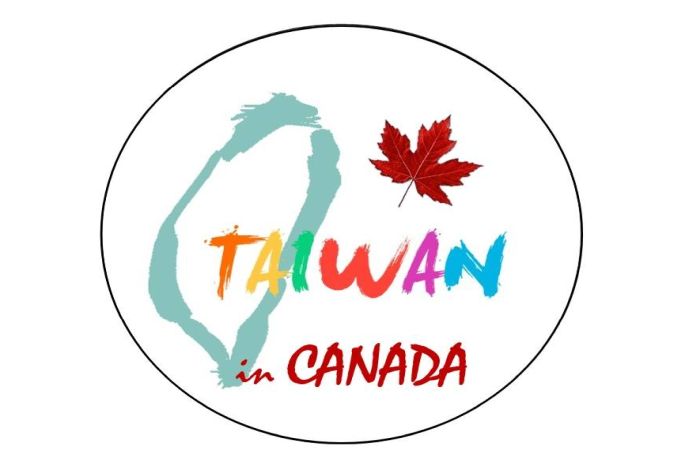WASHINGTON, USA – From January 15 – 23, 2024 Deputy Secretary of the Treasury Wally Adeyemo will travel to key G7 partners to continue close collaboration on holding Russia accountable for its war against Ukraine.
During bilateral meetings and official engagements in Rome, Italy; Berlin and Frankfurt, Germany; and Tokyo, Japan, deputy-secretary Adeyemo will build on the strong relationship between the US and these partners to degrade Russia’s ability to financially sustain its illegal war in Ukraine, including through president Biden’s new Executive Order targeting sanctions evasion and the continued success of the price cap on Russian oil.
The historic sanctions and export controls imposed on Russia by the G7 and other partners are damaging Russia’s economy and limiting its access to the financing and material goods needed to wage its illegitimate war of choice. As a result, Russia has increasingly shifted certain trade and financial flows through third countries to evade sanctions and continue its procurement of critical items for wartime production.
Last month, to solidify the US commitment to the G7 leaders statement, president Biden amended E.O. 14024 to expand Treasury’s sanctions authorities to target foreign financial institutions facilitating significant transactions benefitting Russian military procurement and its domestic wartime production capabilities. Over the past year, in collaboration with partners and allies, Treasury has aggressively pursued facilitators of Russian sanctions evasion and circumvention, and will continue to use the new tools provided by this authority to take decisive, surgical action.
Trip Schedule
Monday, January 15 – Wednesday, January 17: Rome, Italy
Thursday, January 18: Berlin, Germany
Friday, January 19 – Saturday, January 20: Frankfurt, Germany
Sunday, January 21 – Tuesday, January 23: Tokyo, Japan
In deputy-secretary Adeyemo’s meetings, which will build upon his travel to Europe in the fall, he will also discuss the critical role of essential economic and military assistance to Ukraine, as well as other macroeconomic issues and work to bolster the resilience of critical supply chains.







